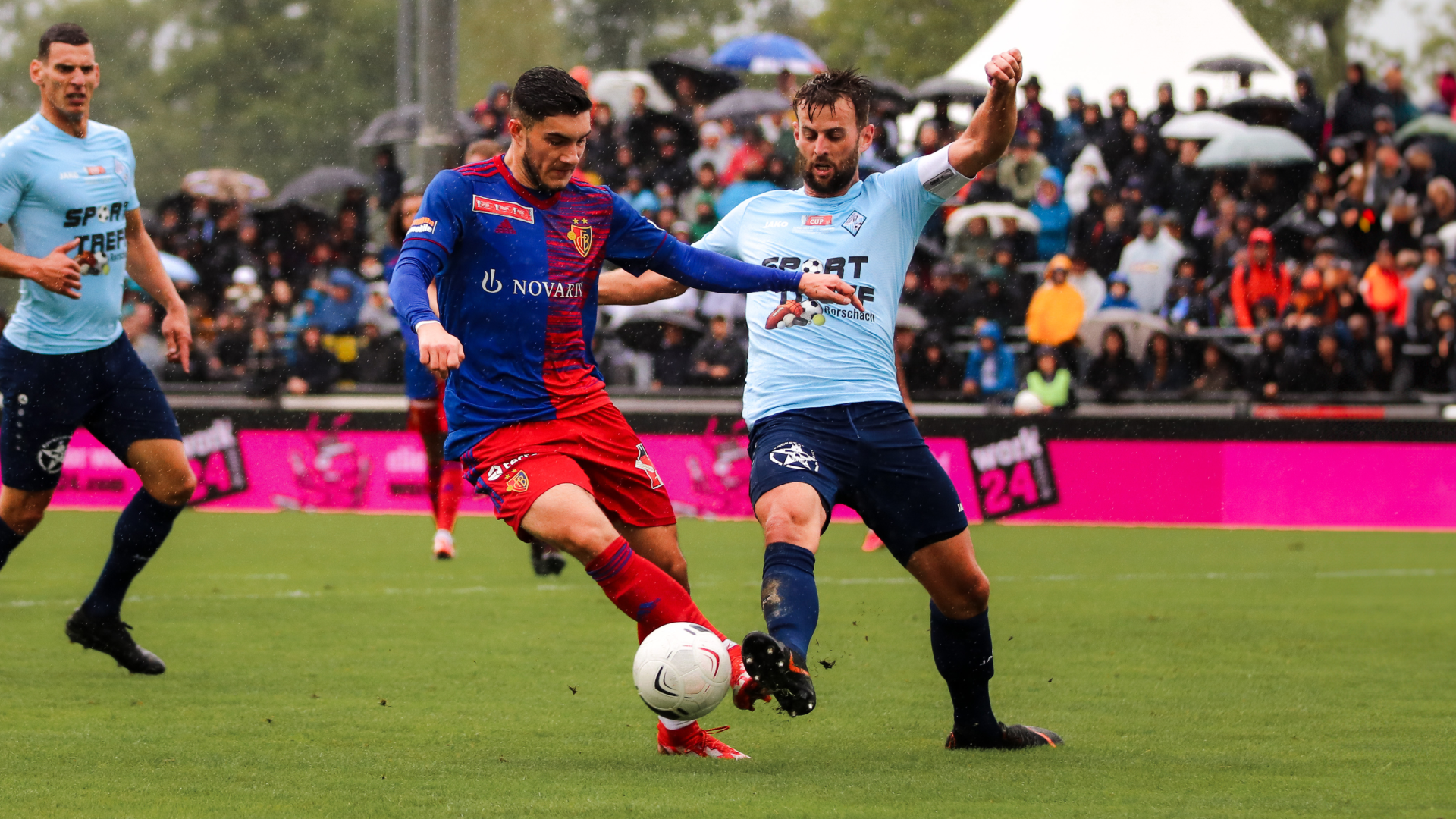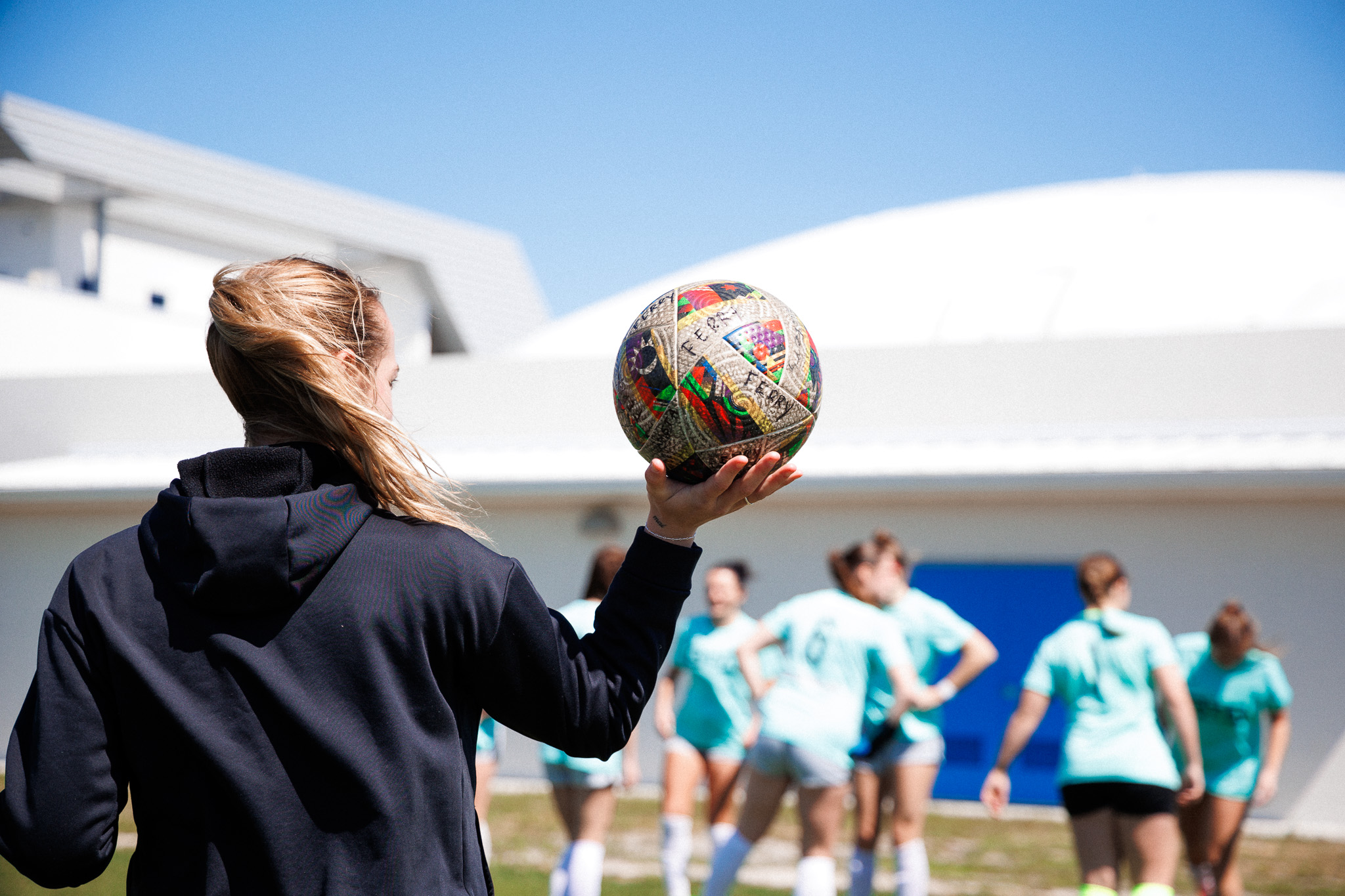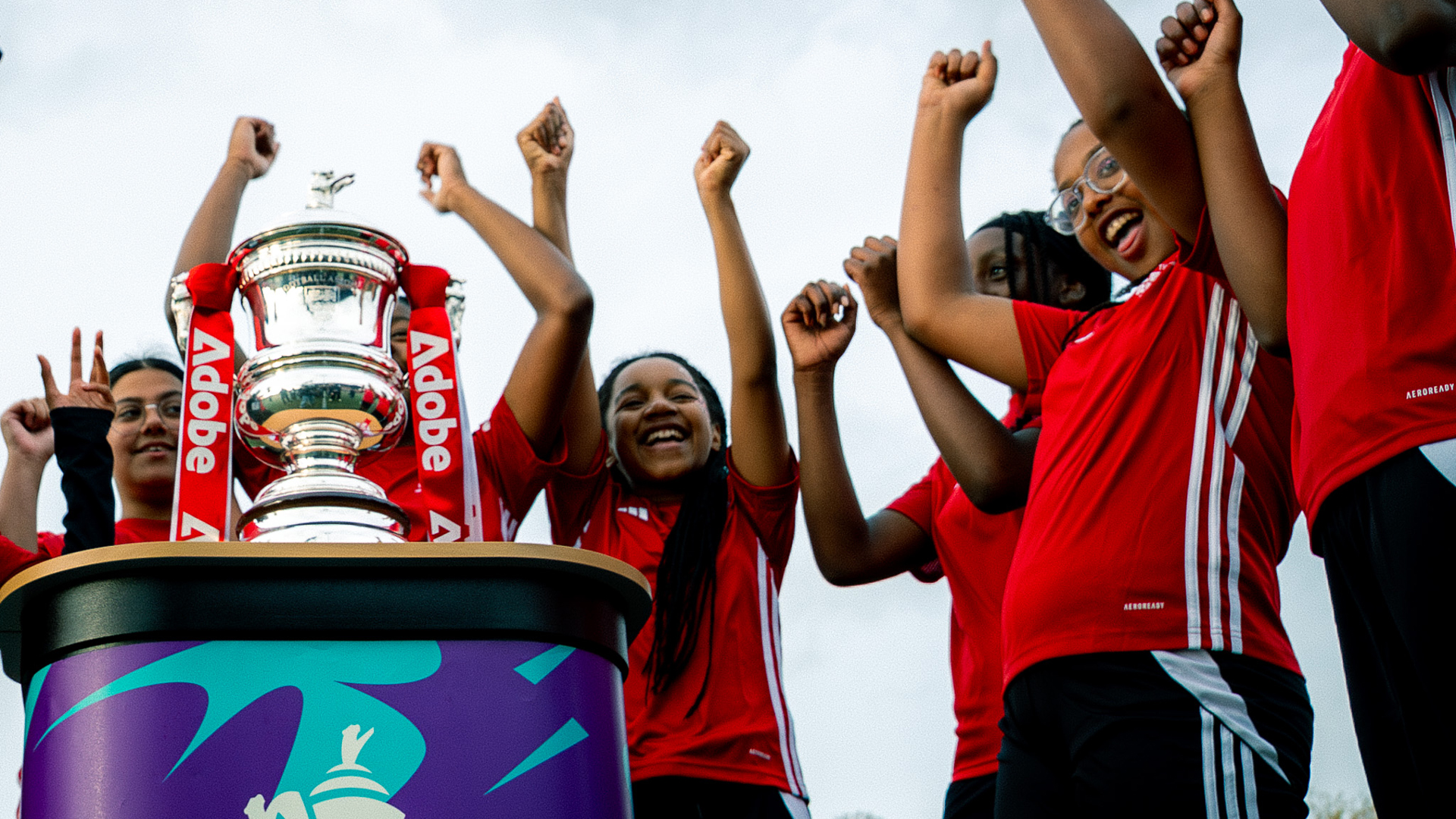How to Coach Youth Baseball: Tips for First-Time Coaches and Volunteers
Christian Daly

Whether you’re coaching tee-ball or 10U travel, your impact as a youth baseball coach goes far beyond wins and losses. This guide walks you through the fundamentals of how to coach youth baseball - from building practice plans to managing game day and encouraging player development.
The Role of a Youth Baseball Coach
Youth coaches wear many hats - teacher, motivator, cheerleader, and safety officer. The goal isn’t just winning - it's making the game fun and helping players grow.
As a youth baseball coach, your main responsibilities are:
- Teaching fundamentals: throwing, catching, hitting, fielding, base running
- Creating a fun and safe learning environment
- Managing practices, games, and communication with parents
- Promoting sportsmanship, teamwork, and effort
- Encouraging confidence, regardless of skill level
Whether it’s your first season or fifth, keeping it simple, consistent, and positive goes a long way.
Youth Baseball Coaching Tips That Actually Work
Want to coach with confidence? These field-tested coaching tips make a big difference - especially with young kids (ages 5-12):
- Start every practice with energy - Kids feed off your vibe. Keep warmups fast and fun.
- Use stations - Split players into small groups so they stay active and get more reps.
- Give short, clear instructions - No lectures! Show them the movement, then let them try.
- Focus on effort, not perfection - Praise hustle, not just hits.
- Have a plan, but stay flexible - Attention spans shift fast. Keep drills short and engaging.
Bonus: End every session with a game or ‘challenge drill’ so kids leave smiling.
Building a Simple Youth Baseball Practice Plan
A solid practice keeps kids moving, learning, and having fun. Here’s a basic 60-minute structure for youth teams:
- 0-10 min: Dynamic warm-up and throwing progression
- 10-25 min: Defensive drills (fielding grounders, pop flies, or glove work)
- 25-40 min: Batting stations (tee, soft toss, or front toss)
- 40-55 min: Mini game or situational scrimmage
- 55-60 min: Team huddle - highlight effort, set goals for next time
Tip: Use cones, tennis balls, and chalk lines to keep practices creative without needing full gear.
How Veo Helps Youth Coaches Coach Smarter
Coaching youth baseball is easier when you can see and show what happened on the field. Veo Cam 3 gives you automatic recording and tracking, so you never miss a teaching moment.
Why youth coaches love Veo:
- Record games or practices hands-free (no operator needed)
- Replay key plays for teaching or encouragement
- Build player highlight clips for fun or end-of-season awards
- Share footage with parents and assistant coaches easily
- Spot progress over time and identify team-wide patterns
Even at the youth level, video creates deeper learning and connection.
Game Day Tips for Youth Baseball Coaches
Games can feel chaotic - especially if it’s your first season. Here are ways to keep things running smoothly and help your players succeed:
- Arrive early and prep the lineup in advance
- Keep things moving - minimize downtime between innings
- Rotate positions fairly (especially in younger age groups)
- Stay positive, even after mistakes - your tone sets the energy
- Focus on teaching moments, not just the score




